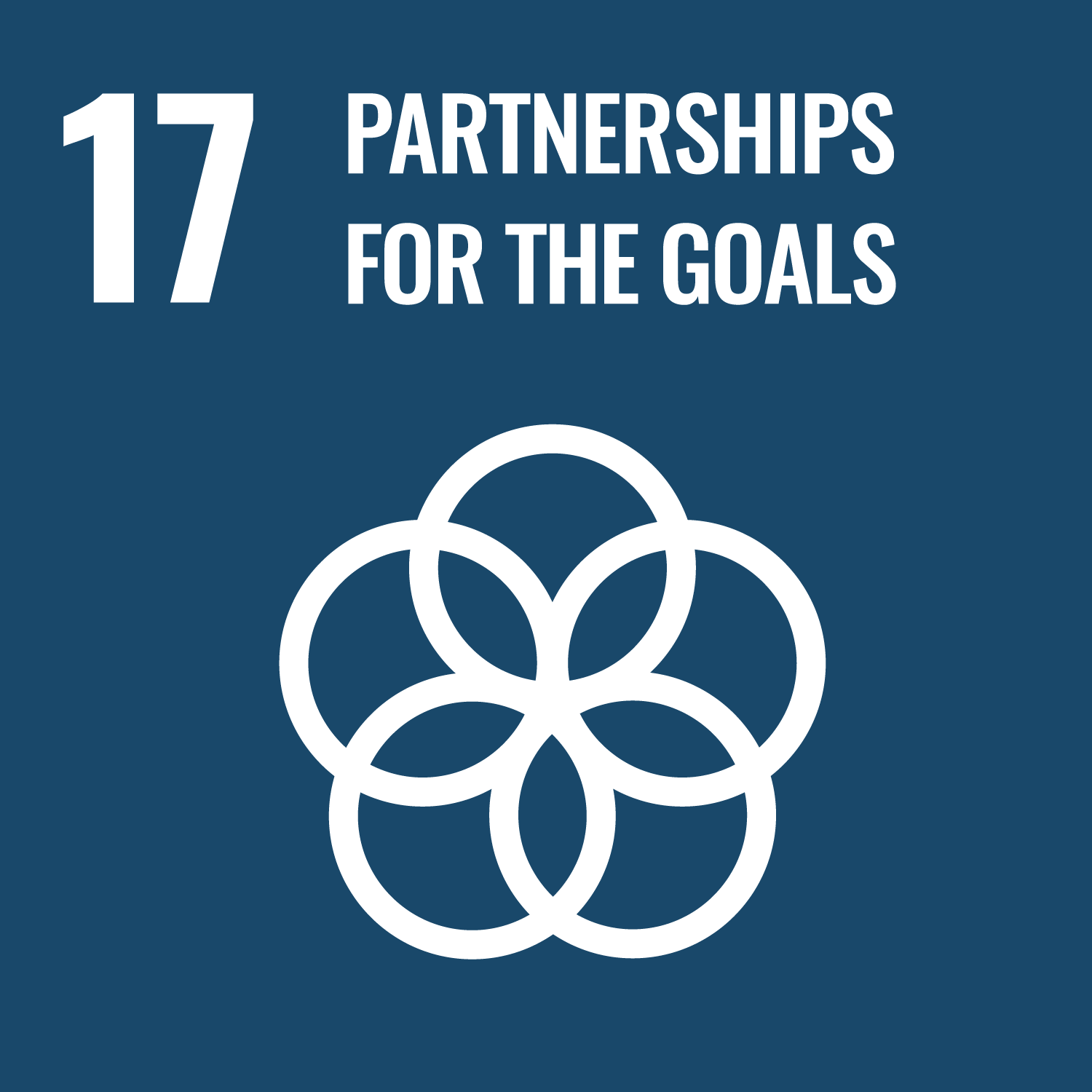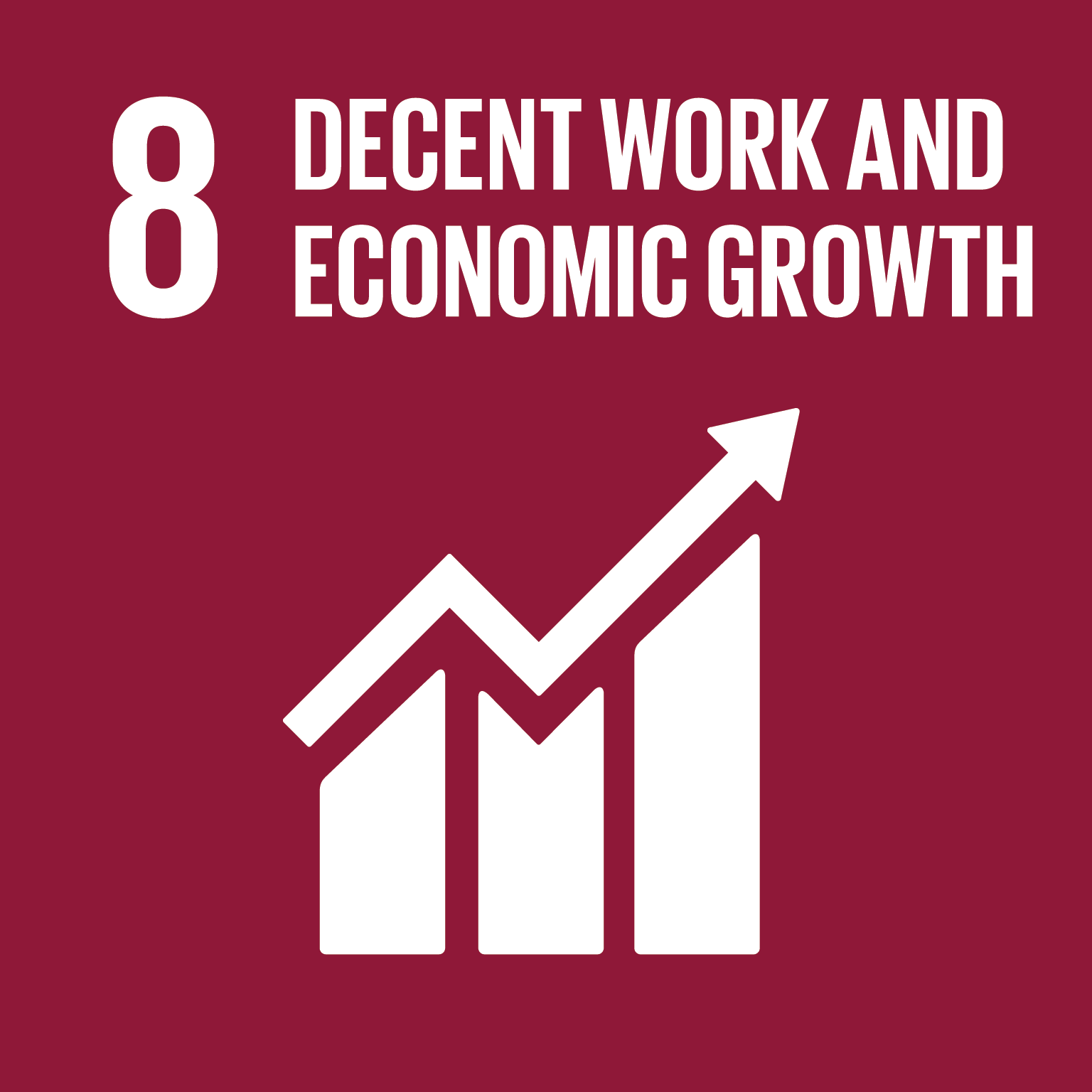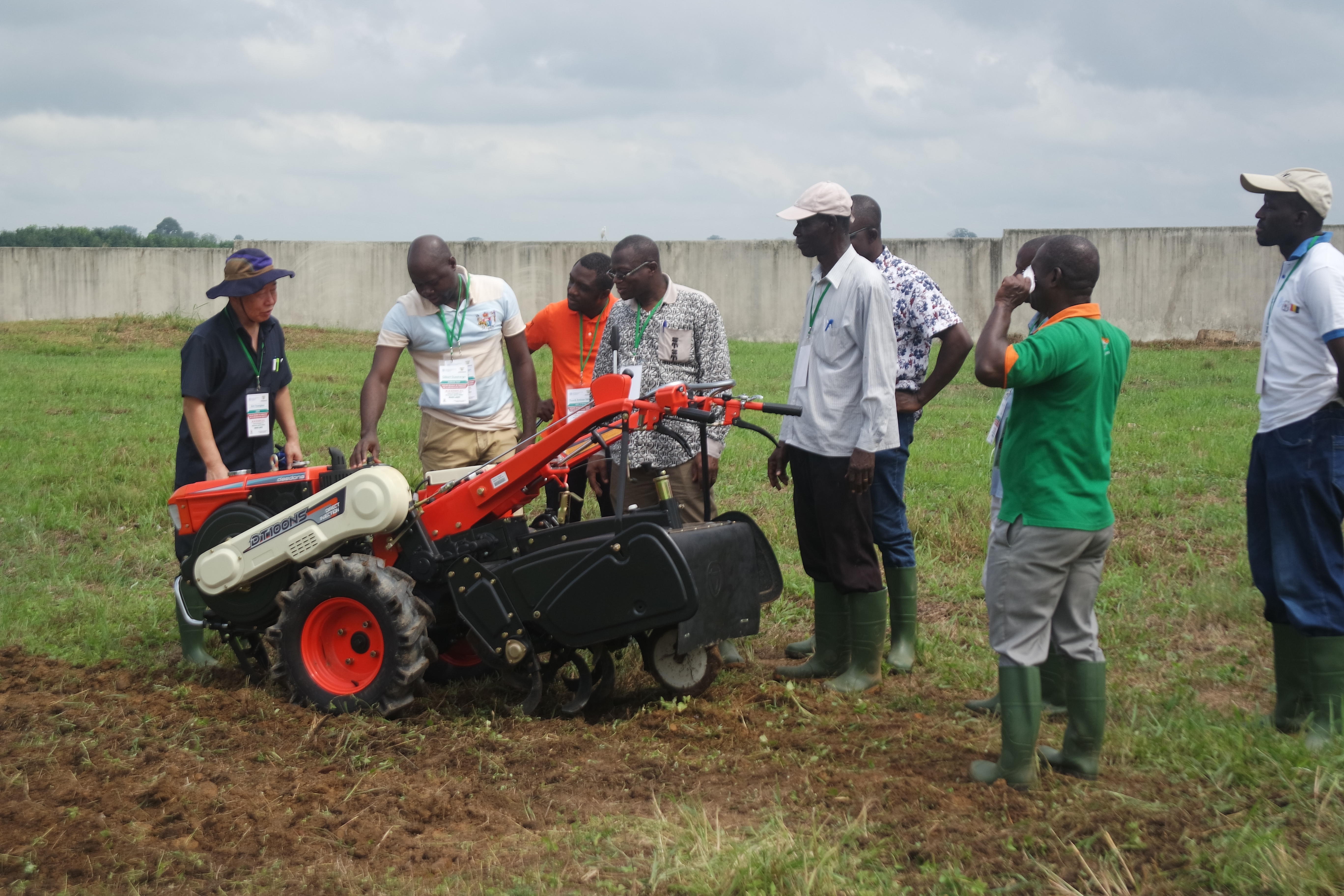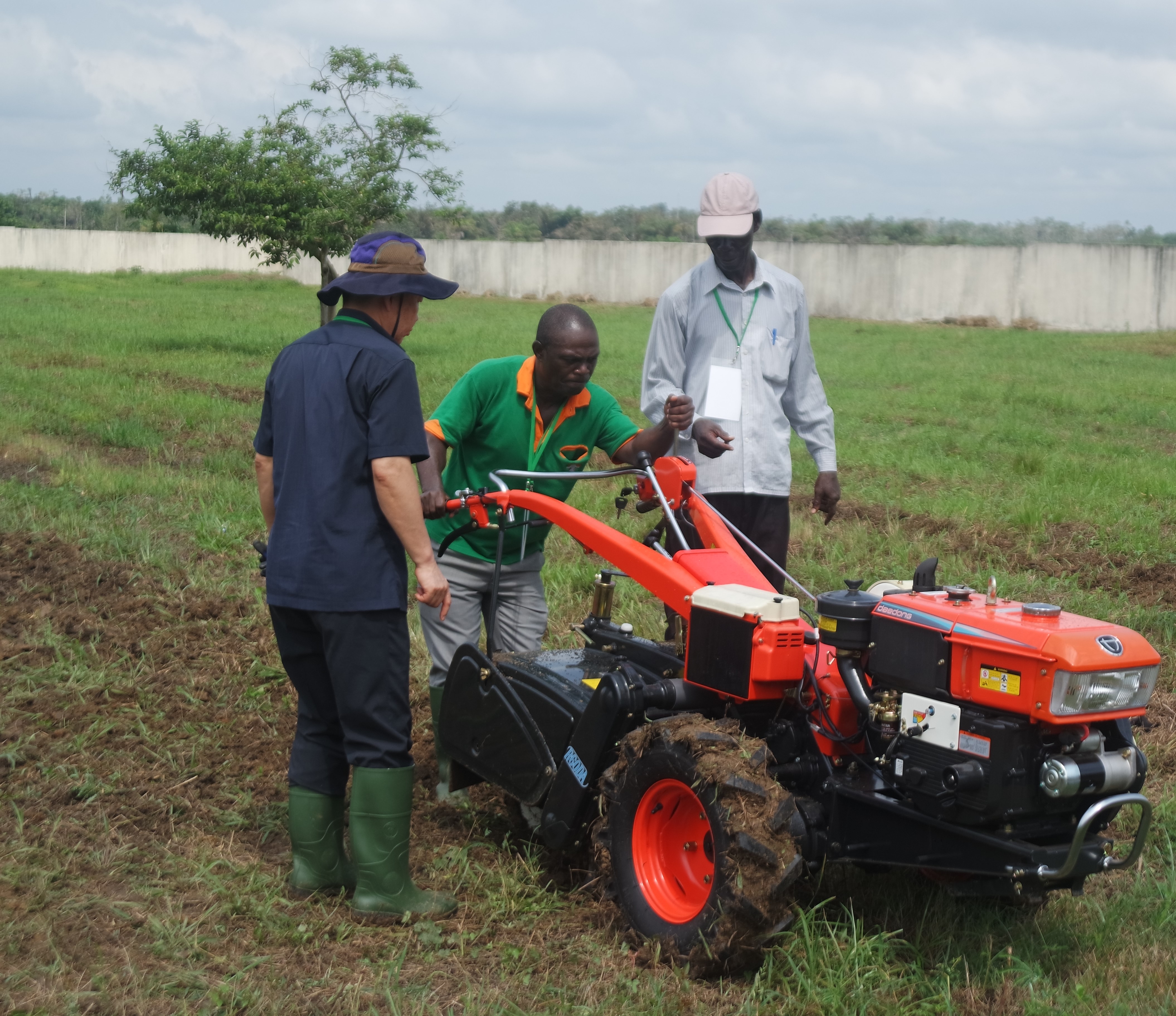Sustainable Rice Value Chain Development in Africa
Building capacities for sustainable rice production and value chain through South-South cooperation
Challenges
As in many other developing countries, small- and medium-sized agricultural enterprises (SMAEs) and traders in sub-Saharan Africa provide an important gateway for smallholders to access markets. Beyond markets, they also support smallholders in responding to modern market demands. However, SMAEs frequently lack the capacity to provide the technical and financial assistance necessary to bring smallholders’ produce up to a standard that satisfies the needs of the market. Despite the important role they occupy in the value chain in regards to employment and income generation, they lack institutional support from the public sector, and have very little impact on policies related to agricultural markets.
Towards a Solution
In view of the above, the Food and Agriculture Organization of the United Nations’ (FAO) ‘Capacity Development and Experience Sharing for Sustainable Rice Value Chain Development in Africa through South-South Cooperation’ project was implemented in Nigeria, Burkina Faso and Côte d’Ivoire with financial support of the Government of the Republic of Korea to enable partners to develop competitive and inclusive rice value chains. The specific objectives of the project include:
- Develop programmes to facilitate knowledge exchange and experience sharing in sustainable rice value chains between participating countries and the Association of South East Nations (ASEAN).
- Strengthen capacity of policy makers, technicians, and stakeholders in rice value chains in partner countries.
- Promote knowledge exchange on private-public partnership models and cooperation of stakeholders in support of rural development.
Since the launching of the project activities in the three beneficiary countries, agribusiness entrepreneurship skills have been developed through extensive training programmes targeting the main stakeholders (rice producers, rice processors and rice sellers groups). Furthermore, rice production technologies and good practices have been promoted and adopted by the farmers in the project’s selected sites in the three countries. The project supported numerous activities aimed at developing the rice value chain and strengthening private-public partnerships. This was achieved by collaborating with institutions such as the International Rice Research Institute (IRRI) and the Africa Rice Center, which have collaborated in providing capacity-building training to key stakeholders. Furthermore, the Rural Development Administration (RDA) of the Republic of Korea provided experts and training programmes to key stakeholders in the three countries.
Some project achievements in the three countries can be summarized as follows:
- The capacity of key stakeholders was enhanced on post-harvest handling, quality management, processing, storage and packaging through three training sessions. Around 60 women engaged in rice processing were trained in the use of modern processing technologies. Also, 90 participants from three regions in the countries gained skills in business management, accounting, contracts, negotiation and marketing. Three training sessions were organized in three regions in the country for 66 stakeholders to learn about post-harvest handling, quality management, processing, storage and packaging. Furthermore, 83 millers and local equipment manufactures were offered training on maintenance and repairing of processing equipment.
- Côte d’Ivoire: Government officials, rice producers, dealers and rice millers learned about the “system of rice intensification” and the Republic of Korea’s mechanization and seed management technology. A rice processing machine was installed in the Centre de formation la mécanisation agricole de Grand-Lahou (CFMAG) and was used for training stakeholders. A rice value chain platform comprising farmers, rice millers, marketers, chemicals sellers, and researchers was established. The National Rice Development Agency (ONDR) learned about the seed management and distribution system of the Republic of Korea. Furthermore, rice millers were trained on criteria to improve the quality of rice, while experts visited Republic of Korea to learn about rice production and harvesting techniques, extension systems, planning for research and training, and cooperation with private sectors.
- Nigeria: Key stakeholders, including farmers, millers, local government agencies researchers, and vendors, participated in the training and learned about rice harvest and post-harvest technologies. Three Nigerian experts visited the Republic of Korea and participated in a training workshop where they were trained on rice production and harvesting techniques, extension systems, planning for research and training, and cooperation with private sectors. Equipment and machineries were distributed to beneficiaries’ groups, who were trained to increase the capacity of harvest, parboiling, maintenance, irrigation, seed production and business management.
Sustainability is ensured because the project is built on existing structures and mechanisms, including national government agencies and relevant regional institutions. Strengthening the capacity of national government agencies also enables these institutions to provide high quality and timely services well beyond the timeframe of the project. Furthermore, stakeholder ownership of project activities was promoted throughout the lifecycle of the project. In particular, the role of the relevant national agencies in the target countries was strengthened, which will have input into the project main activities ensuring the sustainability of the initiative.
Also available in: ???? | Español | Français | Português | ???????? ????? | ??.
Contact Information
Office of South-South and Triangular Cooperation (OSS), Food and Agriculture Organization of the United Nations (FAO)
Countries involved
Burkina Faso, Côte D’Ivoire, Nigeria, Republic of Korea
Nominated By
Food and Agriculture Organization of the United Nations (FAO)
Supported By
Food and Agriculture Organization (FAO)
Implementing Entities
FAO
Project Status
Completed
Project Period
2014 - 2019
Sectors
Agriculture, Food and Rural Development, Development Cooperation
URL of the practice
www.fao.org/partnerships/south-south-cooperation/news/news-article/en/c/471649/Primary SDG
02 - Zero Hunger
Secondary SDGs
12 - Responsible Consumption and Production, 17 - Partnerships for the Goals
Similar Solutions










